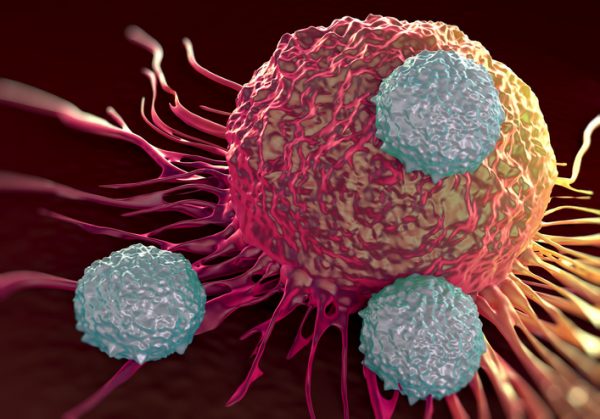
A company developing CAR-T therapies for multiple myeloma and prostate cancer is teaming up with a firm with the aim of improving often complex logistics that come with the cell therapies.
Minneapolis-based Be The Match BioTherapies said Tuesday that it would partner with San Diego-based Poseida Therapeutics to provide end-to-end services for its autologous CAR-T programs, in order to ensure timely collection, transport and delivery. Autologous CAR-Ts are made with patients’ own cells, as opposed to allogeneic CAR-Ts made with donor cells, meaning they involve a complex and potentially risky process of cell collection and shipment, which may or may not allow for freezing to preserve them.
Poseida plans to start a Phase II study of P-BCMA-101, a CAR-T therapy that targets the antigen BCMA for multiple myeloma, in the first half of this year. Later in the year, it also plans to file an application with the Food and Drug Administration to start clinical development of P-PSMA-101, a PSMA-targeting CAR-T, in prostate cancer, later this year. Be The Match, a subsidiary of the National Marrow Donor Program, has been involved in collection network management, supply chain and logistics for stem cell therapy programs for more than 30 years.
Numerous other companies are also developing CAR-T therapies for multiple myeloma that target BCMA. Chief among them is bluebird bio, which is partnered with Celgene in the development of bb2121, currently in a registration-directed Phase II study and expected to be filed for FDA approval as early as later this year. Johnson & Johnson’s Janssen subsidiary has a partnership with China’s Legend Biotech to develop another BCMA-targeting CAR-T.
But with the significant amount of development in blood cancers, to say nothing of the explosion of CAR-Ts anticipated to take place in solid tumors comes the growing risk of a logistical bottleneck. Currently, only two CAR-Ts – Novartis’ Kymriah (tisagenlecleucel) and Gilead Sciences’ Yescarta (axicabtagene ciloleucel) have FDA approval, for diffuse large B-cell lymphoma in adults and acute lymphoblastic leukemia in children and young adults. Growth in the number of CAR-Ts means there will have to be greater standardization of processes like cell collection, logistics and tracking, experts have said.
Photo: royaltystockphoto, Getty Images












